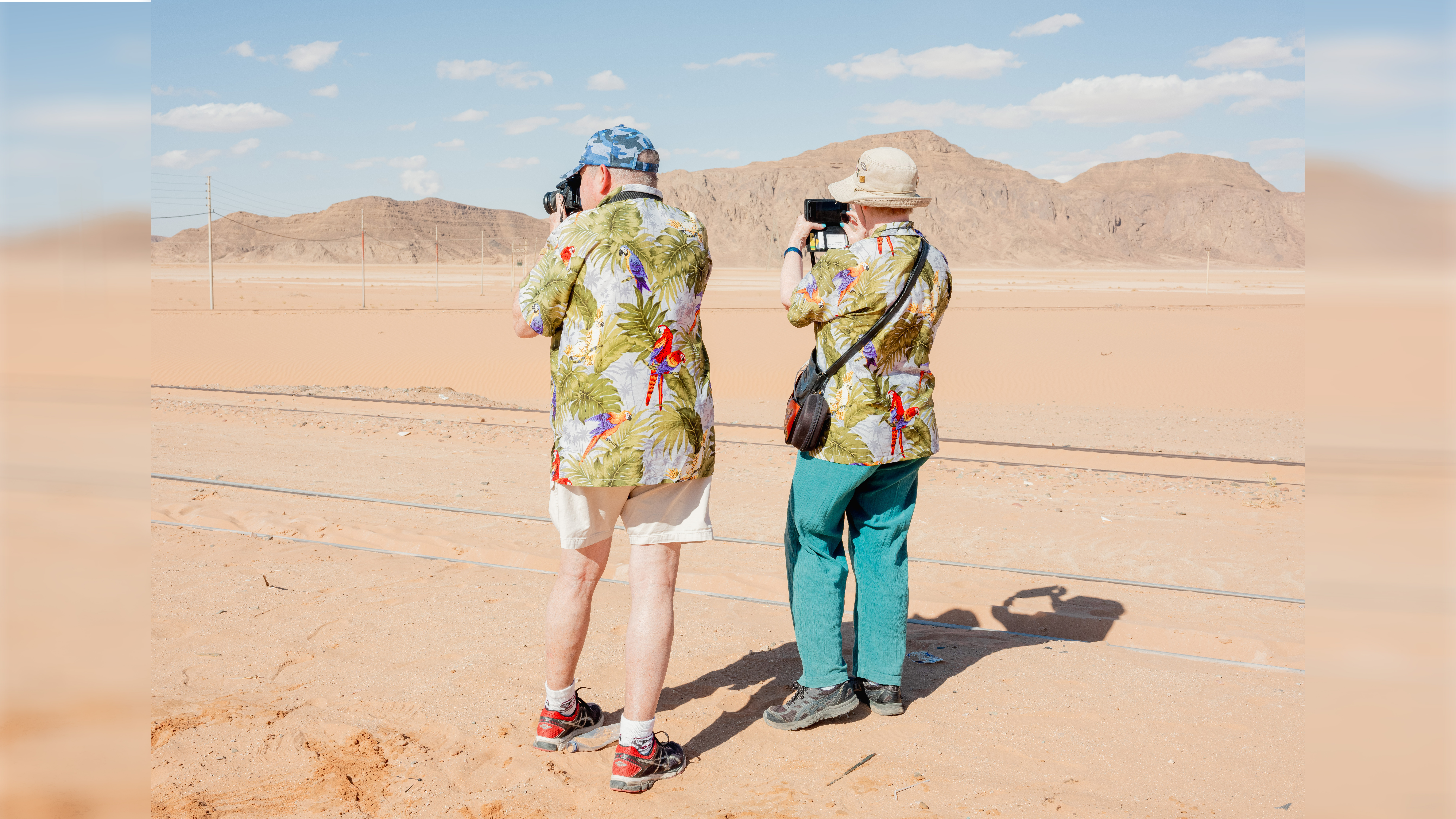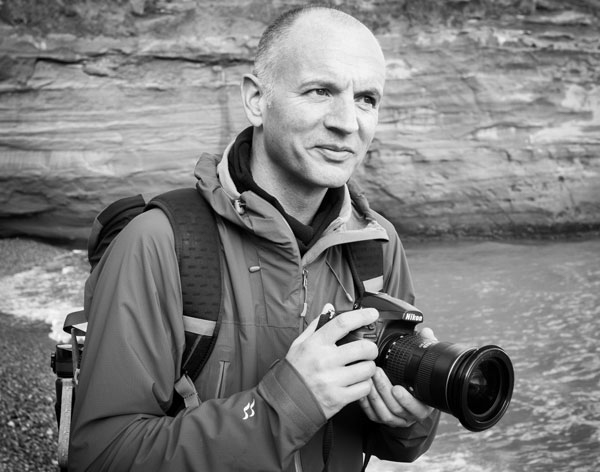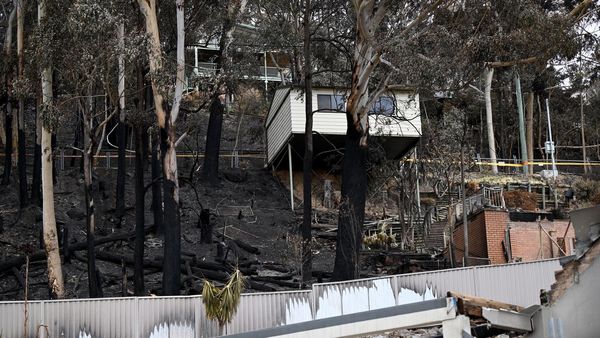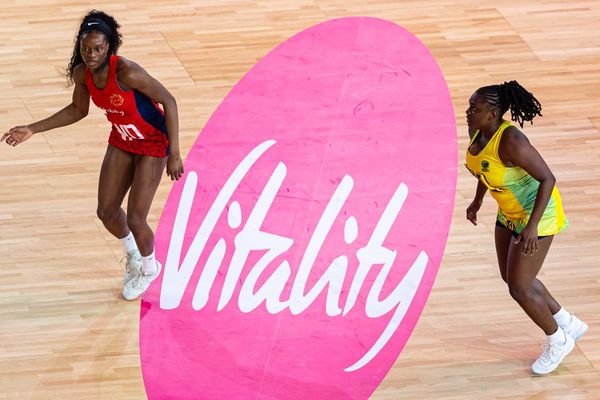

Benedict Brain is a UK-based photographer, journalist and artist. He is an Associate of the Royal Photographic Society and sits on the society’s Distinctions Advisory Panel. He is also a past editor of Digital Camera Magazine, and the author of You Will be Able to Take Great Photos by The End of This Book.
Tourism and travel are themes that have underpinned most of my photography for the past six years or so, albeit with a little break for the Covid-19 pandemic, although, strangely, I have never considered myself a ‘travel photographer’.
I’ve recently started to dig deeper into what I’m doing and why I’m doing it. I’ve always been more interested in why we make photographs than how, so I enrolled in an MA Photography course at Falmouth University. I’ve just completed the first module. It’s great – hard work, but I’m being challenged to examine what I’m doing and why. Not only that, I’m also obligated to research my subject and aspects of critical theory in much more detail than I would if left to my own devices. Some of it is a refreshing reminder of what
I studied during my photography degree many moons ago, while other aspects illuminate. I’ll be honest, it’s hard being middle-aged and back at ‘school’ while working full-time as a freelancer. However, the discourse and being pushed to discover more about the subject is insightful and ultimately fulfilling, even if sometimes a little frustrating.
Susan Sontag is still a go-to reference text – if you haven’t read it, her book On Photography is excellent (read it online here for free). This quote resonated with me and seemed to work in the context of the photo I’m sharing this month (see above); “Travel becomes a strategy for accumulating photographs. The very activity of taking photographs is soothing and assuages general feelings of disorientation likely to be exacerbated by travel. Most tourists feel compelled to put the camera between themselves and whatever’s remarkable that they encounter.”
Sontag and other theorists, such as the sociologist John Urry (The Tourist Gaze), along with looking at the work of other photographers, such as Martin Parr, Corrine Vionnete, Stephen Shore and so on, are informing the direction of my work. I’m not advocating that everyone needs to do an MA or get all academic about stuff. However, looking at what you’re doing, asking some questions about why you’re doing it, and researching accordingly may help you evolve as a photographer.
• Other articles in the Art of Seeing series
Read more:
• The 50 best photographers ever
• 120 best photography quotes from famous photographers
• The best coffee-table books on photography







